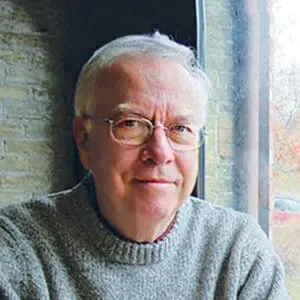Not too many therapists would likely consider themselves social justice warriors. How many among us spend our weekends in picket lines, fervently campaign on behalf of particular political candidates, or dish out soup to the inner city homeless after five o’clock rolls around?
According to Bill Doherty, the founder of Citizen Therapists for Democracy, clinicians can still make an indelible impact on their local community by sparking discussion in treatment about how clients would like to see their world change, given that it serves a therapeutic function for them.
In this video clip from his 2017 Networker Symposium keynote address, Doherty explains how new political turmoil has presented therapists with an opportunity to move beyond simply being the “blank slate” in the consulting room. Each and every one of us, he says, has the potential to become a “citizen therapist”—to move out of our state of isolation and bring our knowledge and skills to the communities where we work and live.
Doherty’s experiment with Democrats and Republicans in his own neighborhood shows how therapy skills like good listening, objectivity, and the ability to mediate in conflict are transferable to situations where people may disagree over politics. Unsurprisingly, there’s a strong need for these skills. According to a recent poll from the American Psychological Association, more than a quarter of American workers say political discussion in the office has left them more stressed. Almost 40 percent of workers say it’s made them less productive.
But with therapists’ intervention, Doherty notes, people often leave these discussions with a better sense of how they can cope, even if they don’t necessarily see eye-to-eye on certain political issues.
“Our world needs what therapists have to offer,” Doherty writes in his Networker article, “We’re connectors, glue makers. We understand the complexity of the human spirit. We know that embracing differences is difficult but life enhancing. If we raise our sights and keep in mind that we’re in this culture and not above it, our profession can contribute to a flourishing democracy.”
William Doherty
William Doherty, PhD, is emeritus professor of family social science and former director of the Minnesota Couples on the Brink Project at the University of Minnesota. He is cofounder of Braver Angels and author of the book, Becoming a Citizen Therapist (with Tai Mendenhall).












